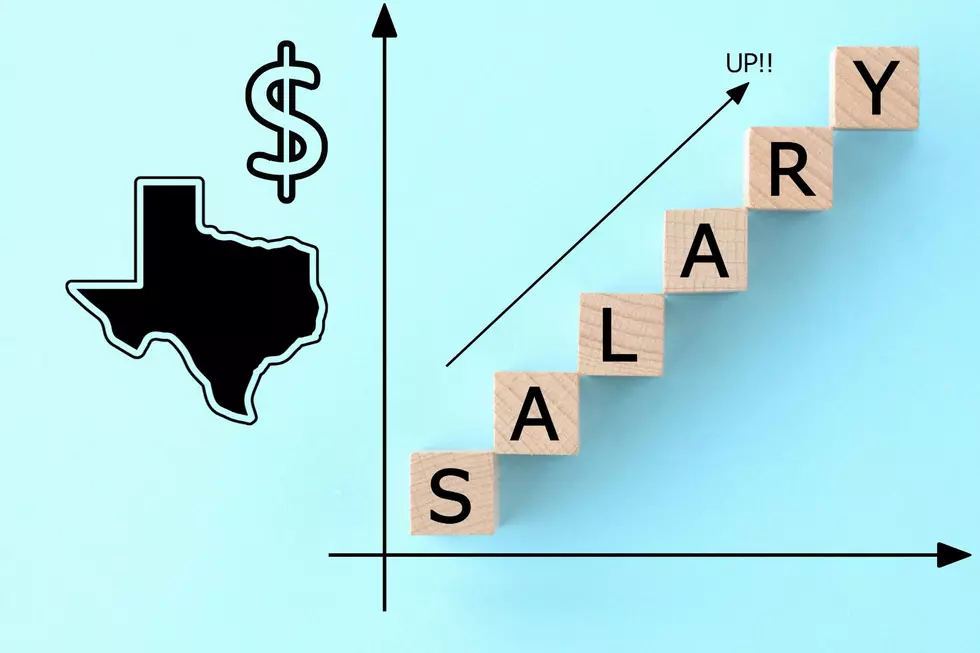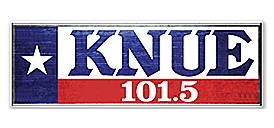
For Women, The Signs Of A Heart Attack May Be Different
February is Heart Health Awareness Month. I know we've kinda had our plates full, so to speak, between pandemics and unprecedented winter weather. But few things are as serious as heart attack. It's important to know the warning signs so that you can get the help you need as soon as possible. Because, when it comes to heart attacks, every beat counts.
What exactly is a heart attack? The Mayo Clinic's website states "a heart attack occurs when an artery supplying your heart with blood and oxygen becomes blocked. Fatty deposits build up over time, forming plaques in your heart's arteries. If a plaque ruptures, a blood clot can form and block your arteries, causing a heart attack."
If not treated in time, the parts of your heart that are affected will begin to die.
Interestingly the warning signs of a heart attack can be different in women. And in the Heart & Stroke '2018 Heart Report,' it says that "early signs of a heart attack are missed in 78% of women, and their heart attacks are more fatal."
But why are the early signs for women so commonly missed? Partly due to the fact that most of the research done on heart health has been focused on men. And so, when women get EKG's and blood tests, the results are often being compared to markers for men's heart health. Sometimes women are diagnosed as having a severe case of heartburn or even anxiety.
And so it imperative to know the warning signs of a heart attack--in both men and women. But because the signs can vary from the traditional signs we commonly read about, it's important to be vigilant.
Some of the signs are the same for both men and women. For example, discomfort in the chest or upper body, sweating, shortness of breath, lightheadedness, or nausea.
But other signs that specifically apply to women? They may experience extreme fatigue, pressure in the upper back, pain or even significant pressure in the lower chest, upper abdomen, and even in the jaw. They may arise unaccompanied by that signature crushing chest pain and may arise weeks before a potential heart attack occurs.
If you or a woman you love experiences these symptoms, the Mayo Clinic says it's a good idea to take 160 milligrams of aspirin and pick up the phone to call for emergency help.
See the Must-Drive Roads in Every State
More From 101.5 KNUE









